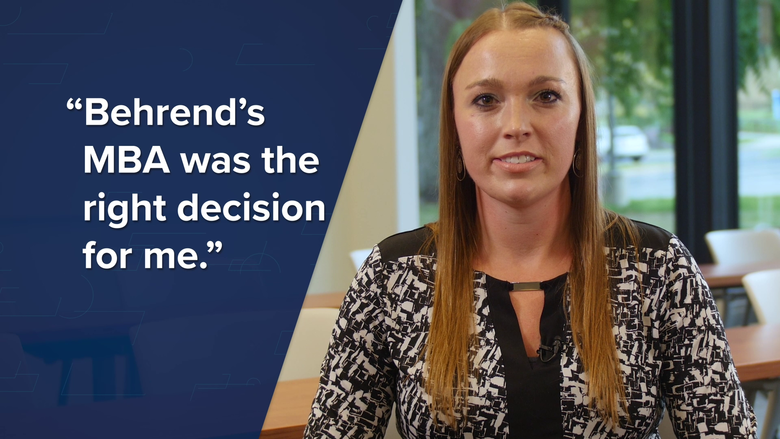Some could not find employment. Others went without food for days. All received a major eye-opener.
“You hear people say, ‘Poverty is not having enough money to buy textbooks,’ but there’s so much more to it,” said Jayln Eaton, a junior project and supply chain management major and vice president of the Human Relations Programming Council (HRPC) at Penn State Erie, The Behrend College. “I always sit around and complain about the little things, but this makes you realize how blessed you are.”
The third annual Poverty Simulation, sponsored by HRPC, was held at Penn State Behrend Wednesday, Jan. 21. The simulation is designed to help participants understand what it’s like to live in a low-income family, surviving from month to month. Individuals are grouped together as families and tasked with providing for basic necessities and shelter during the course of four 15-minute “weeks.”
“It’s nice that we get to do this event because it shows what poverty is,” said Melissa Watson, a senior psychology major and president of HRPC. “Because you go through it, you get to feel it.”
For this year’s 45-plus simulation participants, the goal was to maintain or improve their current lifestyle by the end of week four. That is easier said than done, however, as situations and circumstances change in an instant.
For example, a family member might lose his or her job, or the family could be robbed. Capital is also a scarcity during the simulation but a necessity. It’s required for nearly every action, whether it be paying for day care or purchasing a transportation pass to take you to and from work.
Resources, including a church, pawn shop and police department, were there for the participants’ benefit. However, even gaining access to these resources was a challenge as participants had to pay for transportation every time they left their home.
“A lot of people just realized that it can really be a struggle. People came into this so calm, but by the end of it, they were so stressed,” Watson said.
According to Watson, that’s the idea.
“We want people to realize that no one chooses to be in these situations. There is no ideal person who goes through this,” she said. “Hopefully, in the future, this will motivate students to give back.”
